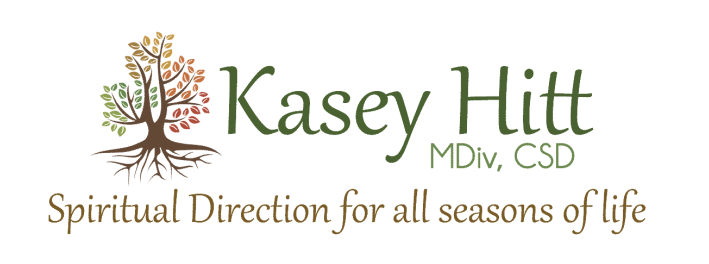 Imagine you are being photographed and interviewed for Humans of New York. What story do you tell? “We are the stories we tell about ourselves,” proclaims Rabbi Rami in his Guide to Forgiveness (p 65). If this is true (and our love of stories, as evidenced by the popularity of Humans of New York along with Netflix and novels, show it is), then it’s important that we know what stories we’re telling. If the stories you share with others and the stories that live in you were turned into a movie, a series, a novel, or a HONY Facebook post, I’m curious what they would reveal as to who you are (at least in your own mind or who you want people to believe you are!). It’s worth consideration, so let’s ask some questions: If you were to share 3 life-defining stories, what stories would you tell? When you start thinking through your stories, maybe you discover there are more you want to tell, so try 7-12 stories. Maybe you write down the titles or a brief synopsis to begin with, then take a look at them. Notice how your collection of stories define who you are and how you approach and move through life. How many of your stories include tragedy and/or suffering? How many of those stories also include redemption and/or resurrection? Notice any elements of surprise or suspense. Who are you in the stories you tell? What role do you play? Are you cast as the victim? savior? hero? rebel? fool? Is your soul happy with that role? We may not realize that we are playing a role someone else has written for us. Or, we might discover we are typecast in a particularly unfavorable role. Thinking of stories of harm, hurt, anger, and resentment that continue to burden you… Are there any stories that need to be edited or re-storied? Which ones are crying out for a rewrite? Even as strong feelings exist around them… Is it time to assign new meaning or step out of a role that no longer fits? As Rabbi Rami reminds us--feelings come and go, stories can last a lifetime. (p. 79). We do not have to wait until our feelings are all resolved before we move forward with our life. Sometimes feelings resolve as we move forward with more wisdom and creativity than before. Your stories matter. Are you beginning to see how that is true? The story that lives in you shapes who you believe yourself to be (as well as who you believe God and others to be). It also shapes the way you tell stories about yourself to others. Says Gertrud Mueller Nelson, in Here All Dwell Free, “Know your story, or your story will live you.” If we don't know the story we are living, we can easily get caught up in or be entrapped by our feelings of resentment, bitterness, and anger. They can define us by becoming the soil out of which our story grows. Misunderstanding, hurt, harm, suffering...they are all a part of life. Everyone’s story includes them. But not everyone allows them to be transformed. Maybe it’s time to revisit your stories or to write down the names of people in those stories who have caused you harm. Then consider what God has done and is doing with and through those stories. You might be surprised. A beautiful re-storying is found in the book of Genesis in the story of Joseph and his brothers (a powerful retelling is found in Stephen Mitchell’s book, Joseph and the Way of Forgiveness). After being sold into slavery by his own brothers due to jealousy, years later a famine forces them to seek food in Egypt, where Joseph, who was once a slave, has risen to power and is now in charge of the food supply. He recognizes them, though they don’t recognize him so he plans a creative way for the revelation to occur. His God’s-eye view of his own story allows the present story to unfold with compassion and creativity rather than revenge. Or maybe that is the best kind of revenge! After the surprising reveal, Joseph invites his brothers into God’s larger story of redemption when he tells them, “Even though you intended to do harm to me, God intended it for good” (Genesis 50:20). He does not pretend the harm did not happen, he just transforms the harm. Harm happens and usually people don’t mean to harm you (you’re just in the way of their happiness) but sometimes people do. Either way, you are not condemned to your story of suffering, a new story awaits. Will you join in the ongoing work of the Author of Life in transforming your story? Comments are closed.
|
AuthorKasey is a scarf, ball and club juggling spiritual director just outside of Nashville, TN. Play helps her Type-A, Enneagram 1 personality relax, creating space for poetry and other words to emerge. She also likes playing with theological ideas like perichoresis, and all the ways we're invited into this Triune dance. Archives
September 2023
Categories
All
|
By clicking “Sign up for E-News” I consent to the collection and secure storage of this data as described in the Privacy Policy. The information provided on this form will be used to provide me with updates and marketing. I understand that I may modify or delete my data at any time.

 RSS Feed
RSS Feed

